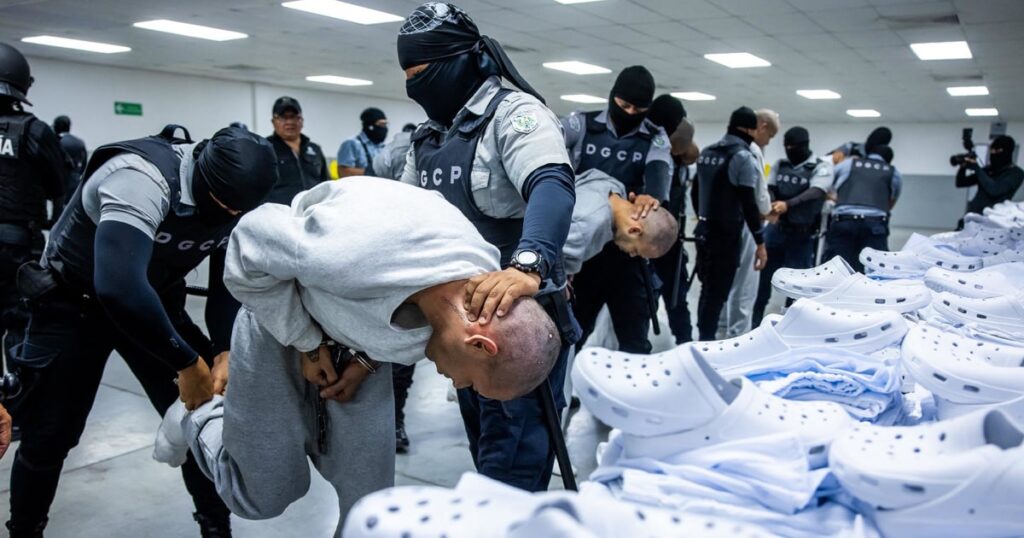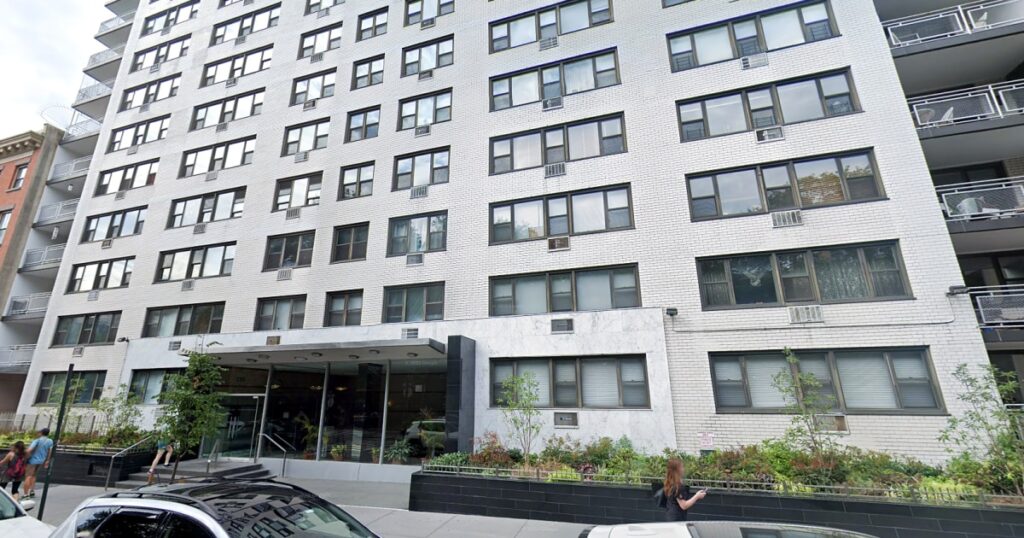Judges around the country have been rejecting President Donald Trump’s Alien Enemies Act invocation. But in the latest ruling on the subject, a judge approved Trump’s bid to use the act to deport Venezuelan citizens who are members of Tren de Aragua — though she said the government must provide more notice under the act.
U.S. District Judge Stephanie Haines, a Trump appointee in the Western District of Pennsylvania, wrote Tuesday that Trump’s proclamation describes a “predatory incursion” by Tren de Aragua, a group that, she emphasized, the government has deemed a “Foreign Terrorist Organization.” She deferred to Trump’s assertion that TdA acts at the direction of the Venezuelan government.
The 1798 act was previously used only during declared wars. The text of the act says it’s for “[w]henever there is a declared war between the United States and any foreign nation or government, or any invasion or predatory incursion is perpetrated, attempted or threatened against the territory of the United States by any foreign nation or government.”
While there isn’t a war, other judges — including another Trump appointee, in Texas — have rejected the argument that the president’s proclamation satisfies the requirement of there being an invasion or predatory incursion. And a newly declassified government memo contradicts Trump’s assertion that the Venezuelan government is directing TdA’s actions.
Earlier this month, that Texas judge, Fernando Rodriguez Jr., deemed Trump’s invocation unlawful. He wrote that the terms “invasion” or “predatory incursion” are meant to refer to “an organized, armed force entering the United States to engage in conduct destructive of property and human life in a specific geographical area.” Applying that context to Trump’s proclamation, Rodriguez said that, even when crediting the president’s description of TdA’s activities, they don’t trigger the act.
None of these rulings affects the government’s ability to remove people under the usual immigration authorities that have been routinely used outside of wartime.
Importantly, Haines also said the government must provide more notice to those it wants to remove under the act. She said they need 21 days’ notice and an opportunity to be heard, with notice in both English and Spanish, and interpreters when necessary.
Haines’ ruling only applies in her Pennsylvania district, which is also the case for the rulings going the other way in the Southern District of Texas, the Southern District of New York and Colorado.
While the Supreme Court has handled preliminary litigation under the act, there isn’t a nationwide standard because it hasn’t decided the underlying legality of Trump’s invocation. But Haines’ ruling, which can be appealed to a federal appeals court, shows that judges can reach different conclusions on the subject, even if hers winds up being an outlier. That judges are coming to different conclusions raises the stakes for the high court’s potential resolution of the issue.
Subscribe to the Deadline: Legal Newsletter for expert analysis on the top legal stories of the week, including updates from the Supreme Court and developments in the Trump administration’s legal cases.




